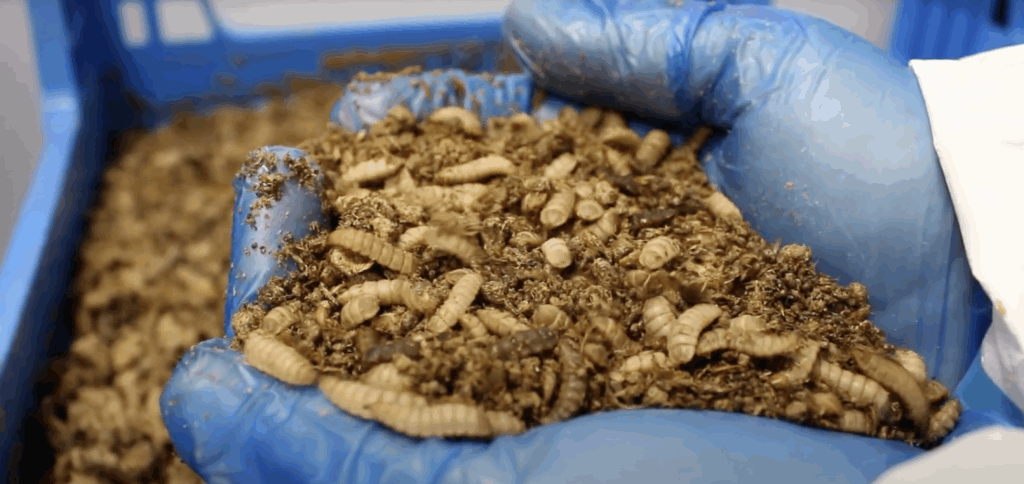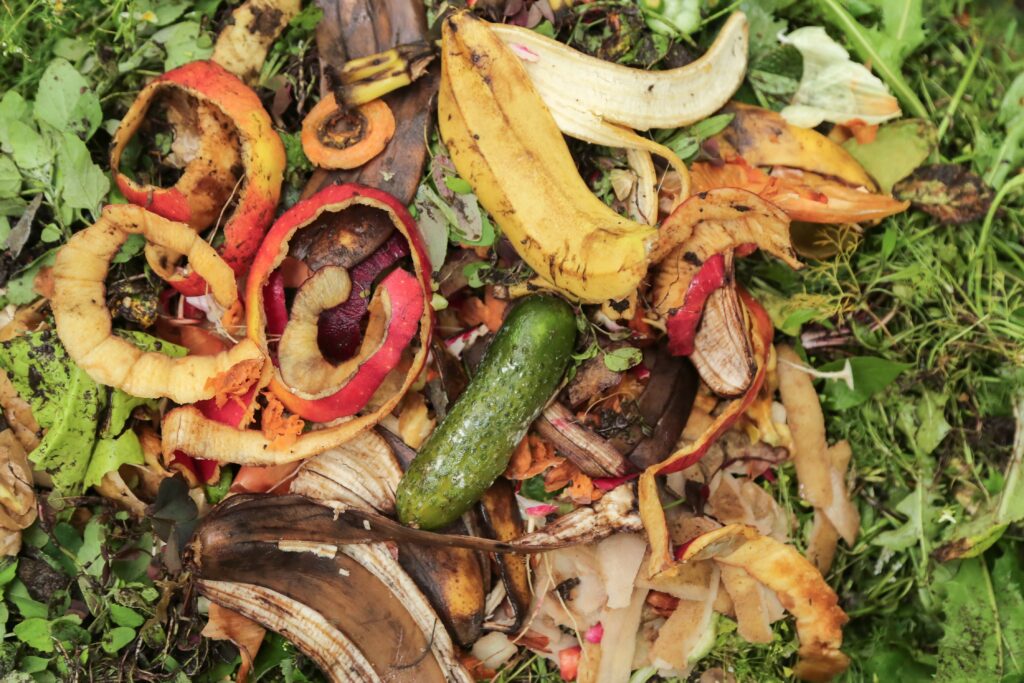The end of December brings with it a ban on sending “former foodstuffs” – waste food that has been cooked or prepared – to landfill. This is an extension on 2003 ban on sending raw meat and fish wastes to landfill under the Animal By-Product Regulation.
” we have stores from Cornwall to Aberdeen and anaerobic digestion is only just starting to become a commercial reality in a few parts of the country.“
– James McKechnie, Sainsbury's
Supermarket chains Sainsbury's, ASDA and Tesco have told letsreycle.com that they are working to develop systems that will help cut the 500,000 tonnes of food waste estimated as the amount Britain's supermarkets send to landfill.
Sainsbury's
However, Sainsbury's recycling manager, James McKechnie, said that without more waste facilities available, supermarkets will be slow to recycle food waste. Many supermarkets are already seeing incineration as the answer to the landfill ban.
Mr McKechnie said: “We have been involved in some successful trials with composting and anaerobic digestion, but sadly we do not have national access to these preferred alternatives to landfill for our food waste. Because there is a lack of facilities at the moment, transport costs to reach facilities can make it expensive.”
And, although the tax on sending material to landfill rose by 3 per tonne this month to 18 per tonne, Mr McKechnie said the Landfill Tax is not yet high enough to drive significant change. He said: “Landfill Tax needs to go up to force us to look elsewhere.”
Trials
Sainsbury's has been trialling anaerobic digestion systems with London-based Axion Recycling and technology provider Greenfinch, which is holding trials in Ludlow, south Shropshire (see letsrecycle.com story).
Mr McKechnie said that while Sainsbury's is involved in waste minimisation programmes and charity donation schemes for waste food, it sent 56,000 tonnes of food to landfill last year. He said the trials with Greenfinch and Axion had been successful and the company would like to become more involved with composting and anaerobic digestion.
“This Ludlow facility would cover us for a small part of the country, but we have stores from Cornwall to Aberdeen and anaerobic digestion is only just starting to become a commercial reality in a few parts of the country,” he said. If treatment was competitive with landfill charges, he added that Sainsbury's would “love to pay for this service”.
ASDA
ASDA, part of the Wal-Mart Group, is currently sending its raw meat and fish for incineration, but believes the drive to expand infrastructure for diverting more food waste from landfill will not take place before the ban on former foodstuffs comes into effect.
A spokesman for the company told letsrecycle.com said it was “not easy to find regional solutions” for food waste treatment, and as with Sainsbury's, said the market drivers needed to be in place to bring about change.
The spokesman said: “We are talking to a lot of service providers. We believe composting type options for us will improve, but market drivers are needed first and these will come in at the end of the year. This tends to be the way things go, like with the fridge situation. The government inputs legislation and then two years later, we now have the infrastructure for fridges in place.”
| Related links: |
Tesco
Tesco, which has received criticism in the national press for the 131,000 tonnes of waste it sent to landfill in 2004, said that it will look for alternatives to landfill this year. But, incineration will be a major factor in its food waste management.
A Tesco spokeswoman said: “We already segregate raw meat and fish, which goes for incineration. With the ban on former foodstuffs, the amount we incinerate will increase. We will be conducting trials later in the year to see exactly how much former foodstuff waste we have to make sure we can achieve diversion.”








Subscribe for free